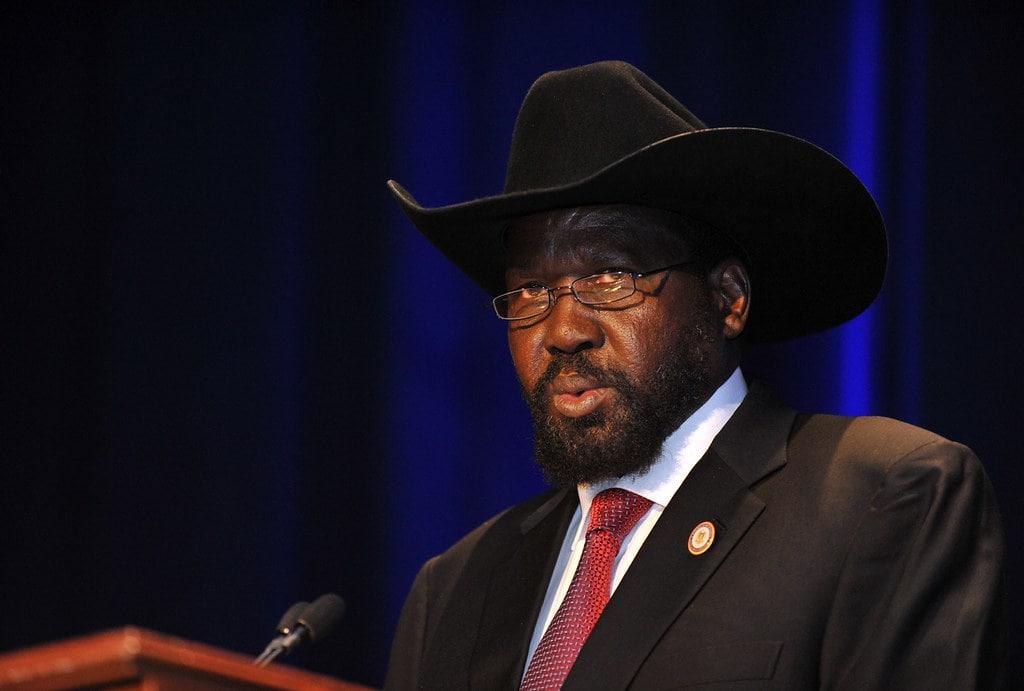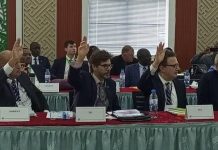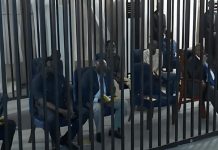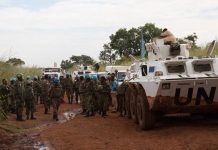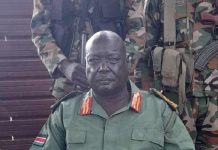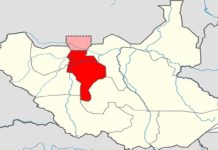Africa-Press – South-Sudan. President Salva Kiir will, in the next few days, sign into law over 10 amended bills to speed up the implementation of the agreement, said the minister of cabinet affairs, Martin Elia Lomuro.
Speaking at the opening session of the Reconstituted Joint Monitoring and Evaluation Commission (RJMEC) plenary on Wednesday in Juba, Lomuro said the bills have already been submitted to the office of the president and are awaiting Kiir’s signature.
“On bills associated with R-ARCSS as said in the RJMEC report of November 2022, the speaker of RTNLA has submitted the following bills to the office of the legal department of the office of the president for assent by His Excellency as per the agreement,” Lomuro said.
He added, “And we have requested the administration of the legal department in the office of the president organise an assent ceremony later this week or early next week.”
The bills include the Protocol on the Africa Charter on Human and People’s Rights and the Rights of Women in Africa, the International Convention on Economic, Social, and Cultural Rights, the Convention of Civil and Political Rights, the International Convention on Persons with Disabilities, the National Police Service Act, and the Constitution Process Making Bill.
Other bills further included the Wildlife Bill 2022, the Transitional Constitution of the Republic of South Sudan 2011, amended Bill 2022, the Convention of Prohibition of the Development, Production, Stockpiling, and Destruction of Bacterial or Biological and Toxin Weapons and Destruction Bill 2022, and the National Prisons Service Bill.
The overdue bills, such as the Political Party Bill, yet to be passed by the parliament, have made up the reasons for the extension of the transitional period.
If the president signs the bills into law, it will mark another milestone in the peace process following the recent completion of the graduation of the first batch of the 83,000 necessary unified forces.
The government attributed the delay in the overall peace implementation process to financial constraints. Although the international community, peace brokers, and civil society blamed this on a lack of political will among the parties.
For More News And Analysis About South-Sudan Follow Africa-Press

